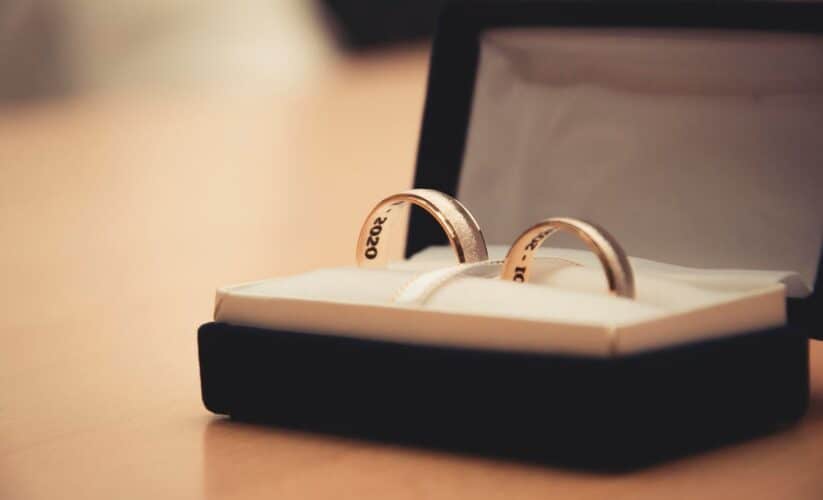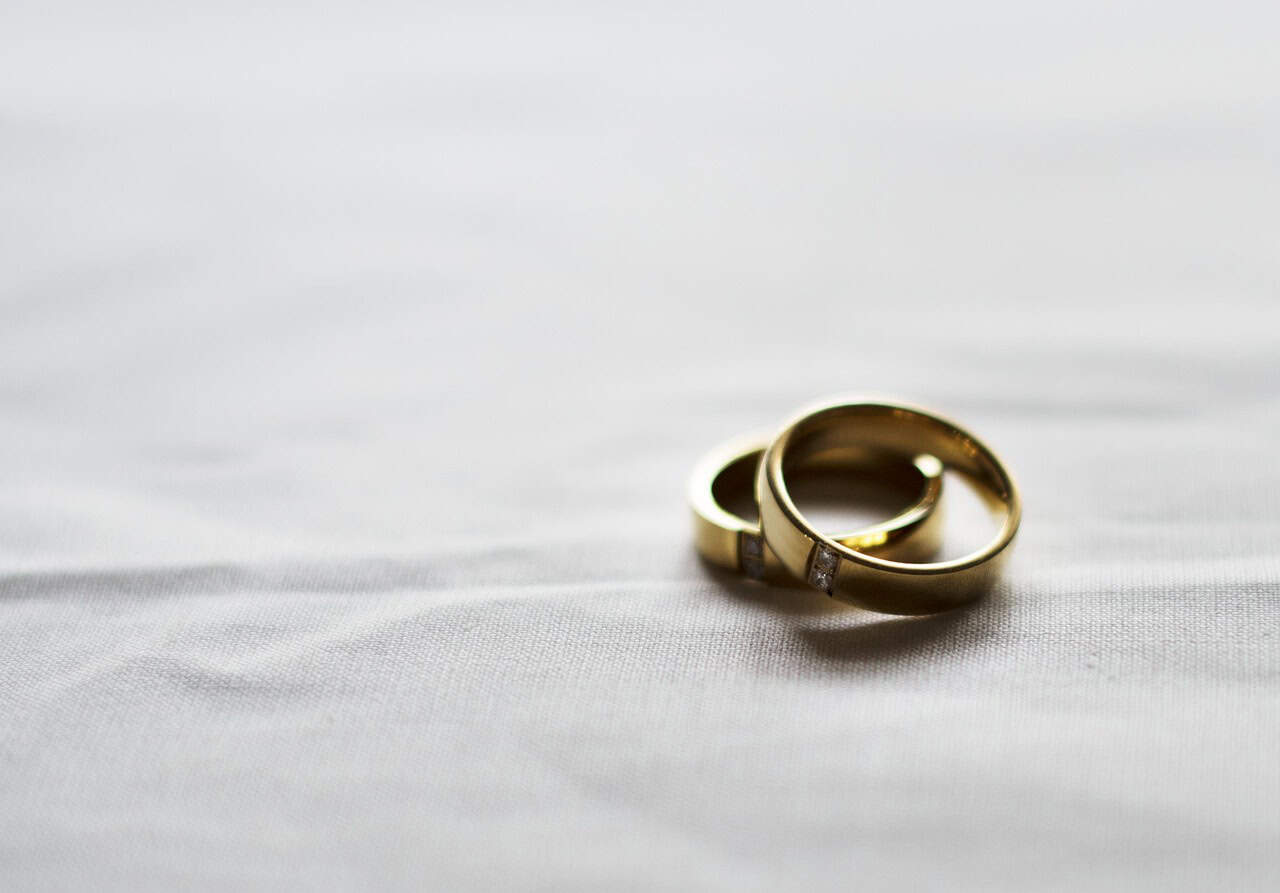
How to Identify Quality Mens Wedding Bands Before You Buy
When it comes to selecting a wedding band for men, the options can feel overwhelming. With so many styles, materials, and prices, knowing what to look for can make the difference between a ring that lasts and one that doesn’t. Here’s how to identify quality men’s wedding bands before making that significant purchase.
Understanding Materials
The material of a wedding band is crucial to its durability and appearance. Common options include gold, platinum, titanium, and cobalt. Each material has unique characteristics.
Gold is timeless and comes in various colors: yellow, white, and rose. The purity of gold is measured in karats; 14k and 18k are popular choices. Higher karats indicate greater purity but may be softer and less resistant to scratches.
Platinum is a premium choice known for its strength and resistance to wear. It has a natural white color that doesn’t fade, making it a popular option for those seeking brilliance.
Titanium and cobalt are lightweight and incredibly strong. These materials are great for active lifestyles, as they tend to resist scratches and dents better than softer metals.
If you’re seeking durable yet stylish options, you might want to explore this curated selection of high-quality mens wedding bands.
Weight Matters
The weight of a wedding band can hint at its quality. Heavier bands often suggest a denser material, which could indicate higher quality. While lightweight options can be comfortable, they may not offer the same durability.
Before buying, try on the ring to get a feel for its weight. A wedding band should feel substantial on your finger without being bulky. The right weight contributes to comfort while ensuring it remains strong over the years.
Craftsmanship and Finish
Quality craftsmanship is essential when selecting a wedding band. Look closely at the details. A well-made ring should have smooth edges, a consistent finish, and even polish. Inspect the interior for any uneven surfaces or scratches—these can indicate poor manufacturing.
Consider the band’s finish. Whether matte, polished, or brushed, the finish should be uniform. A distinct finish can set a ring apart, enhancing its overall appeal.
Style and Personalization
Personal style plays a significant role in choosing a wedding band. Classic bands are always in vogue, but modern designs can express individuality.
Many couples opt for custom designs that resonate with their relationship. Personal touches—like engraving initials or a meaningful date—can add sentimental value to the ring. Don’t hesitate to explore options that reflect your unique personality.
Width and Comfort Fit
The width of a wedding band is more than just a style choice. Wider bands often appear more substantial, while narrower ones can offer a sleek look. Your lifestyle should influence this decision.
Comfort fit rings, which are slightly rounded on the inside, provide more ease when sliding on and off. This design can be beneficial for those who work with their hands or have fluctuating finger sizes.
Authenticity and Certification

When investing in a wedding band, authenticity is vital. Always ask for certification or proof of authenticity, especially for metals like platinum and gold. This documentation can assure you of the material’s quality and value.
Some reputable jewelers provide certificates for diamonds or gemstones used in the ring. This certification can serve as a safeguard against potential future issues.
Price Points
Understanding the price spectrum can help you identify quality without breaking the bank. While a higher price often correlates with better quality, that’s not an absolute rule. Set a budget and research what you can expect at various price points.
Watch out for deals that seem too good to be true. If a wedding band is significantly cheaper than similar styles, it’s wise to investigate further. Quality usually comes at a certain price, so be wary of drastic markdowns.
Vendor Reputation
Where you purchase the ring can be just as important as the ring itself. Research the vendor’s reputation through customer reviews and ratings. A reputable jeweler should have positive feedback regarding product quality and customer service.
Visit stores in person if possible. This allows you to assess the craftsmanship firsthand and ask questions about the materials used. A knowledgeable jeweler should be eager to share information and help you find the perfect ring.
Warranty and Return Policies
A solid warranty and return policy can provide peace of mind when purchasing a wedding band. Look for vendors that offer guarantees on their products. Warranties can cover repairs, resizing, or even replacement under certain conditions.
Understand the return policy as well. If the ring doesn’t meet expectations after purchase, being able to return or exchange it can be invaluable.
Trends and Timelessness
Fashion trends can influence wedding band designs, but consider whether a trendy style will still appeal to you years down the line. Classic designs tend to withstand the test of time, while trendy pieces may feel dated.
If you lean towards trendy, ensure that the design aligns with your personal taste. After all, the wedding band is something you’ll wear every day, so it should resonate with your style for years to come.
Maintenance and Care
Caring for a wedding band is critical to its longevity. Some materials require more upkeep than others. For instance, gold may need periodic polishing, while platinum can be more resistant to wear.
Ask the jeweler about care instructions specific to the band’s material. Knowing how to clean and maintain your ring can keep it looking its best and prolong its lifespan.





